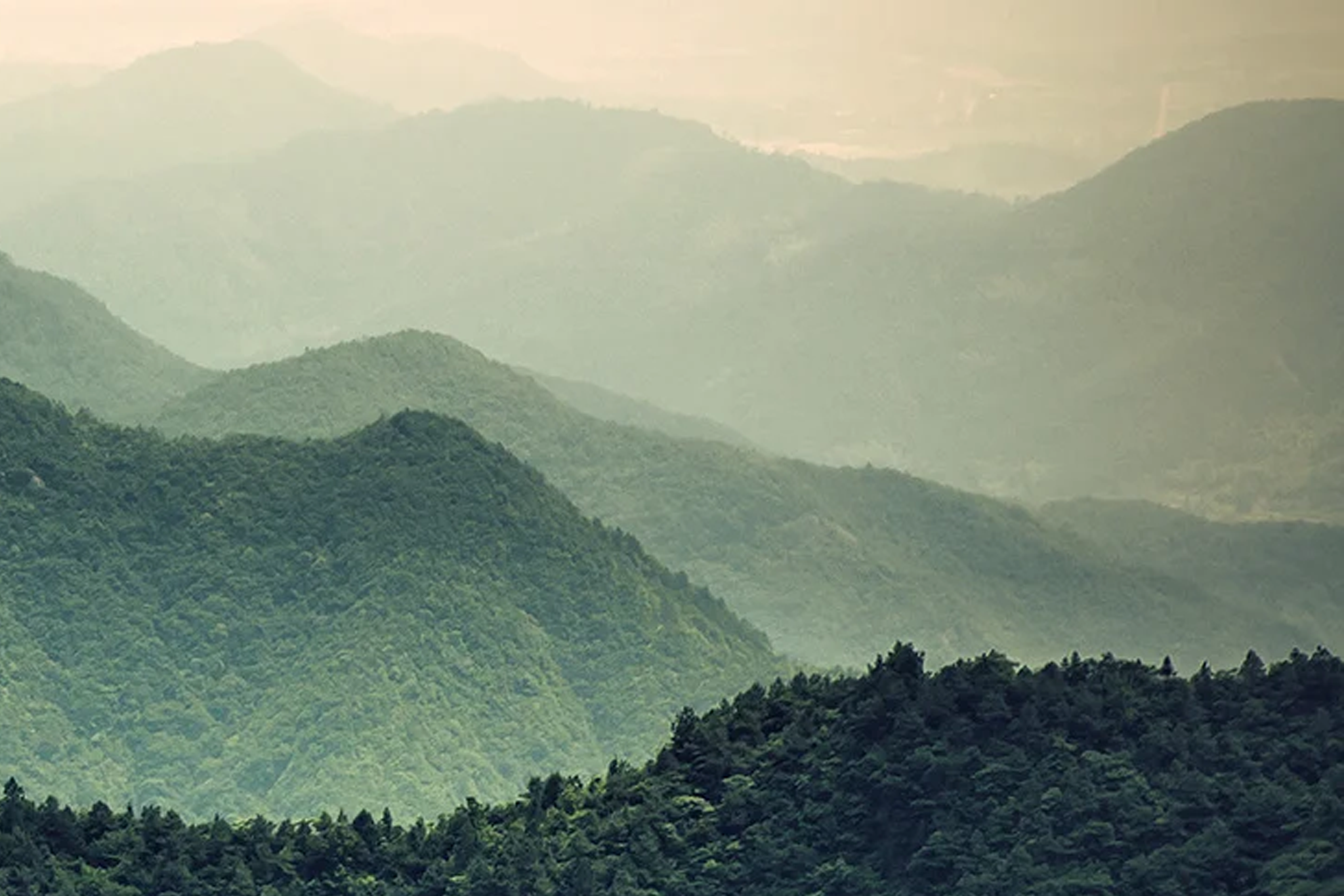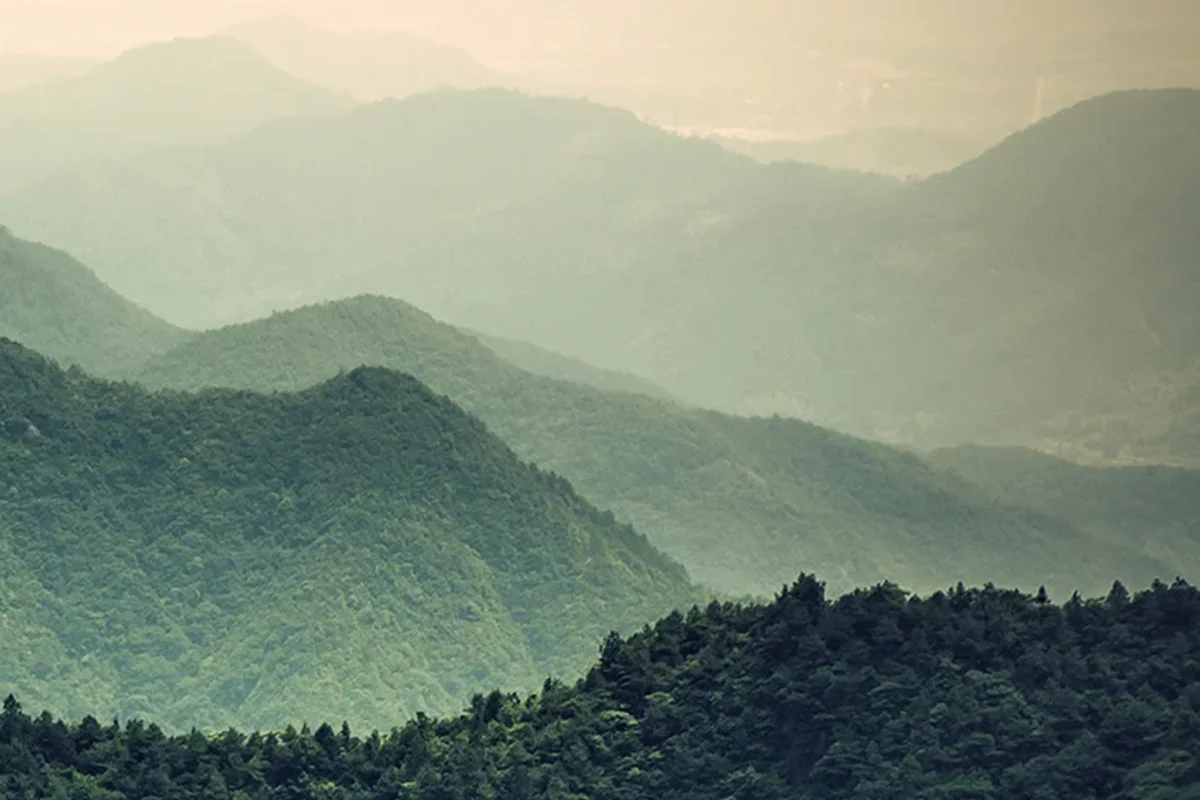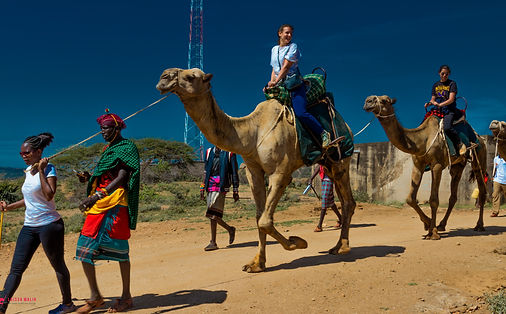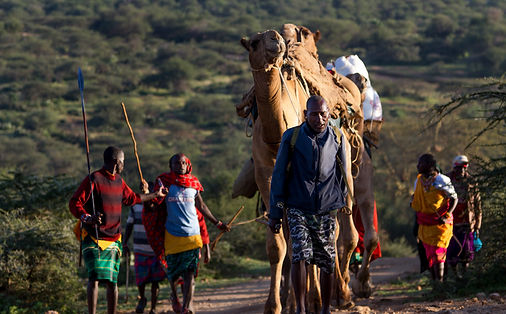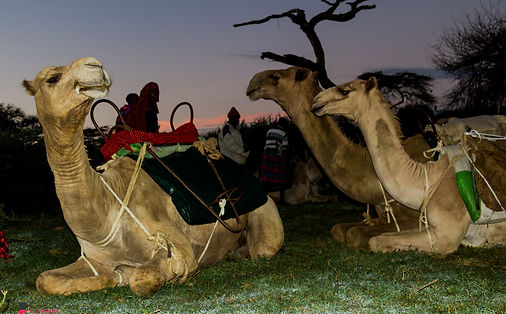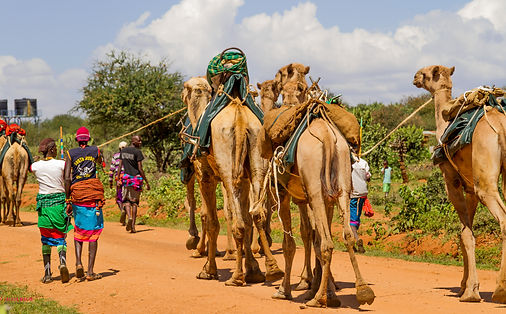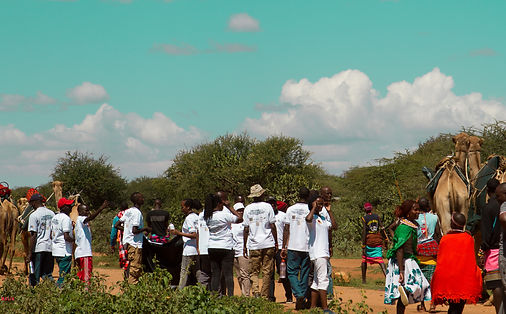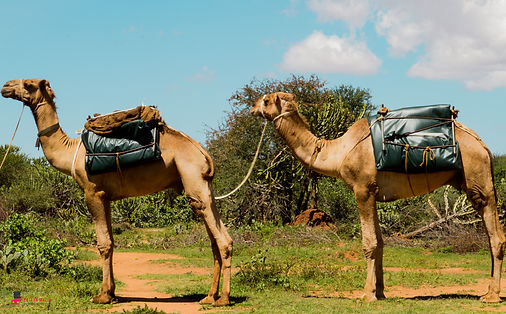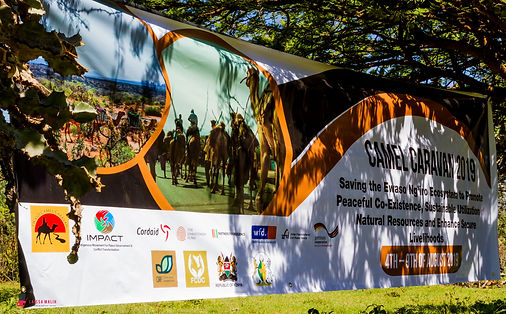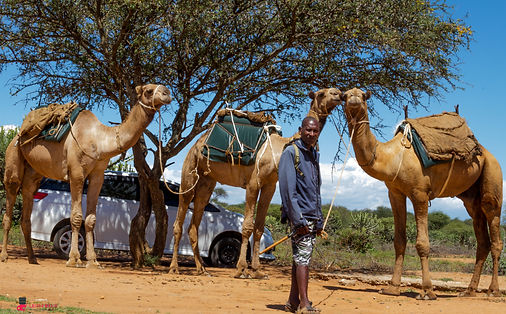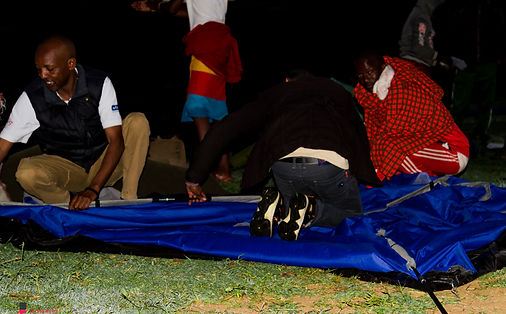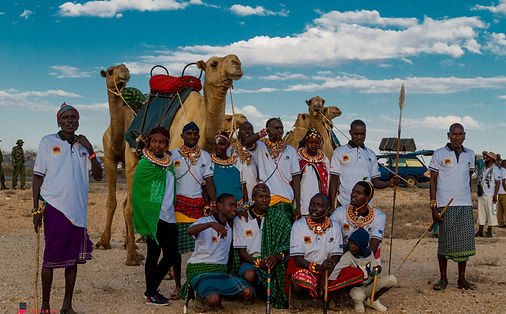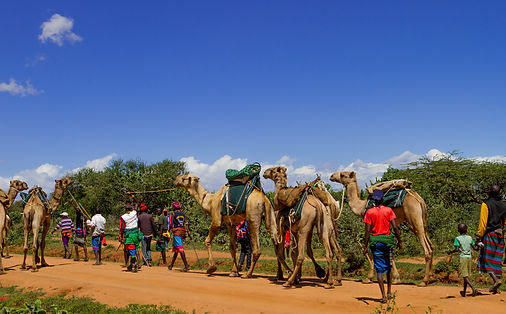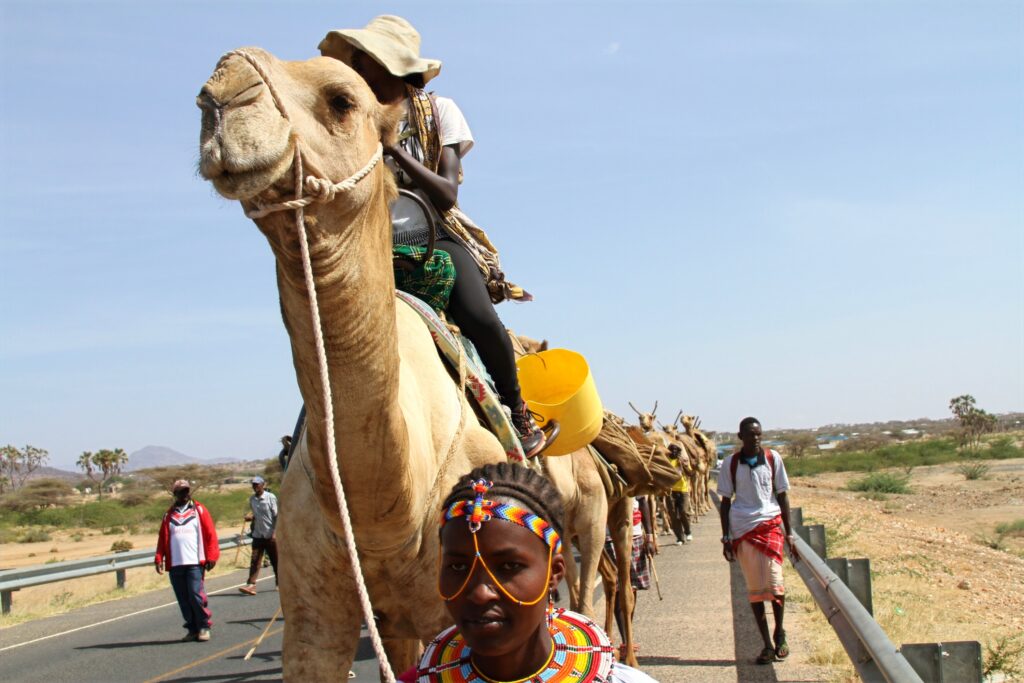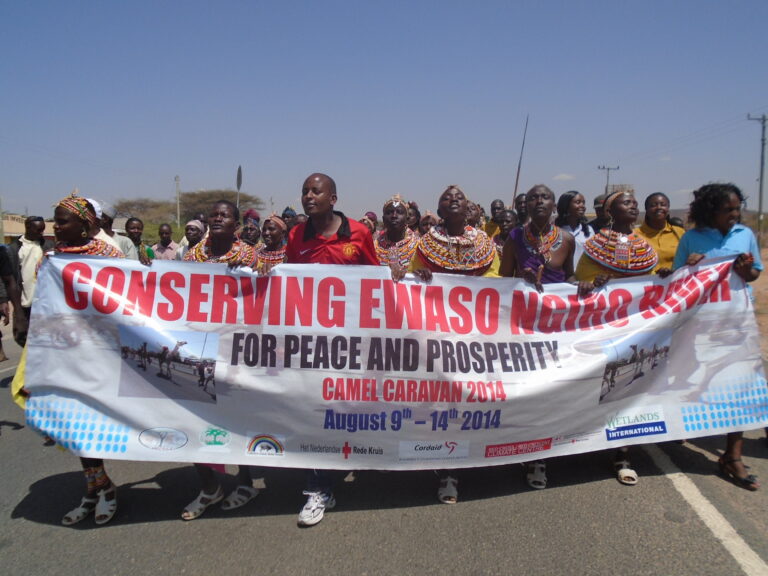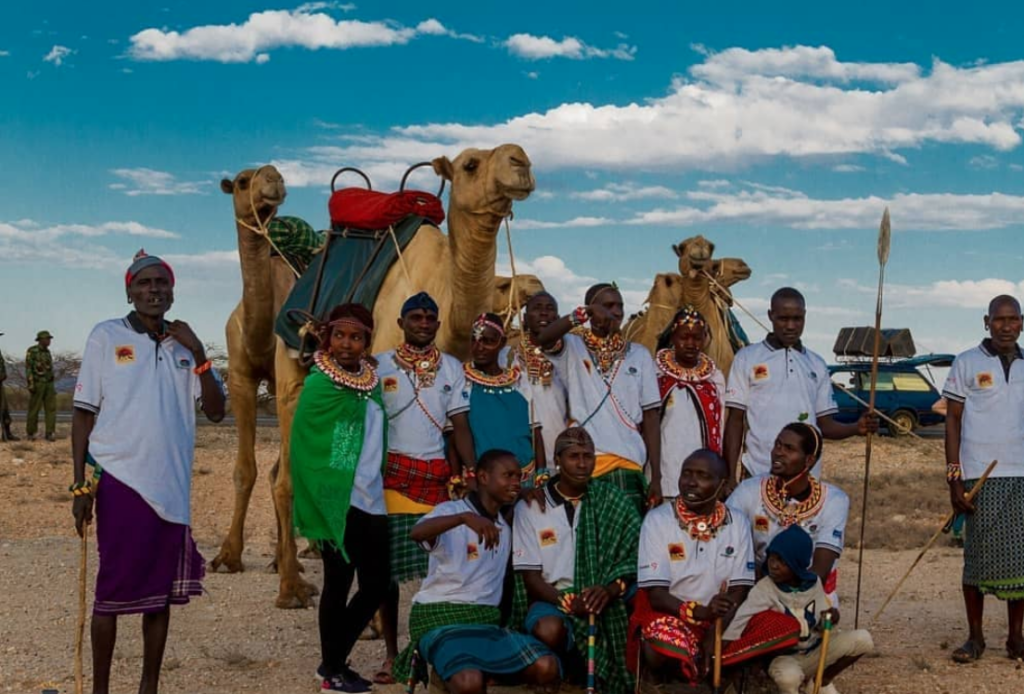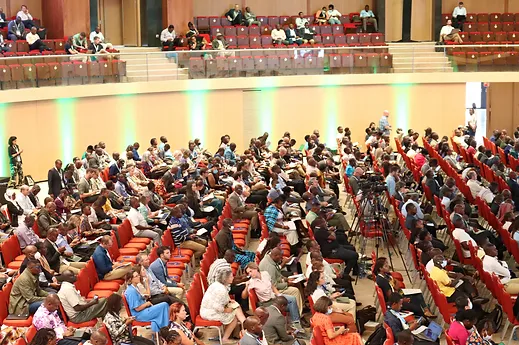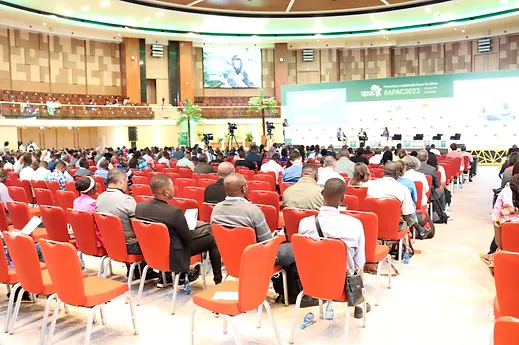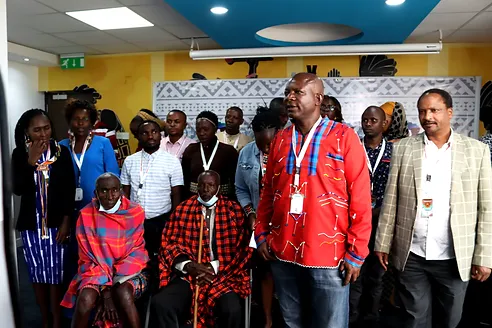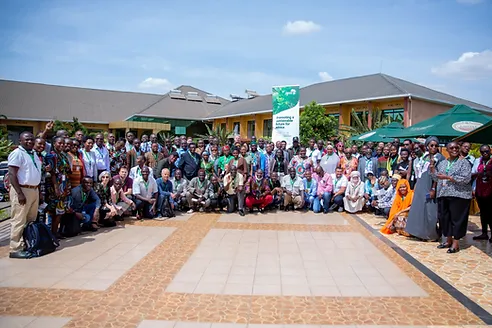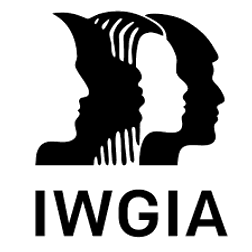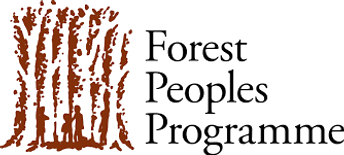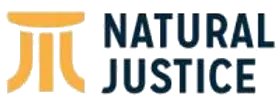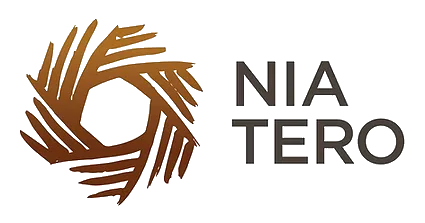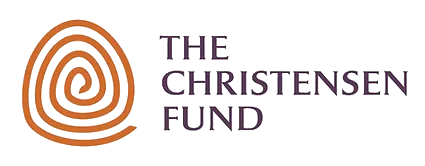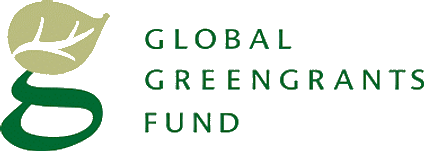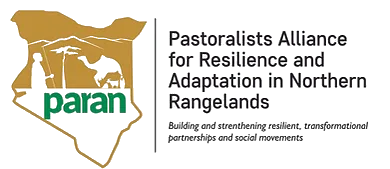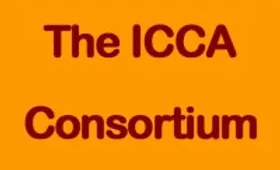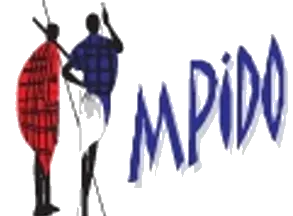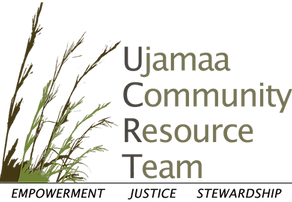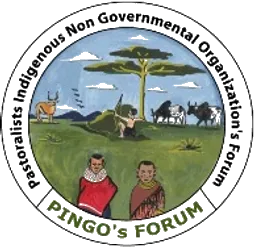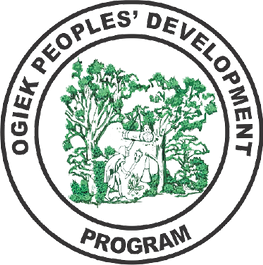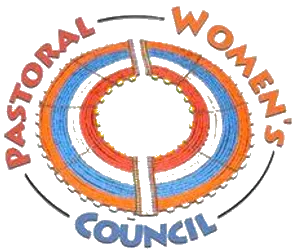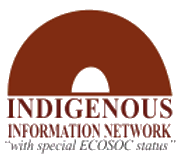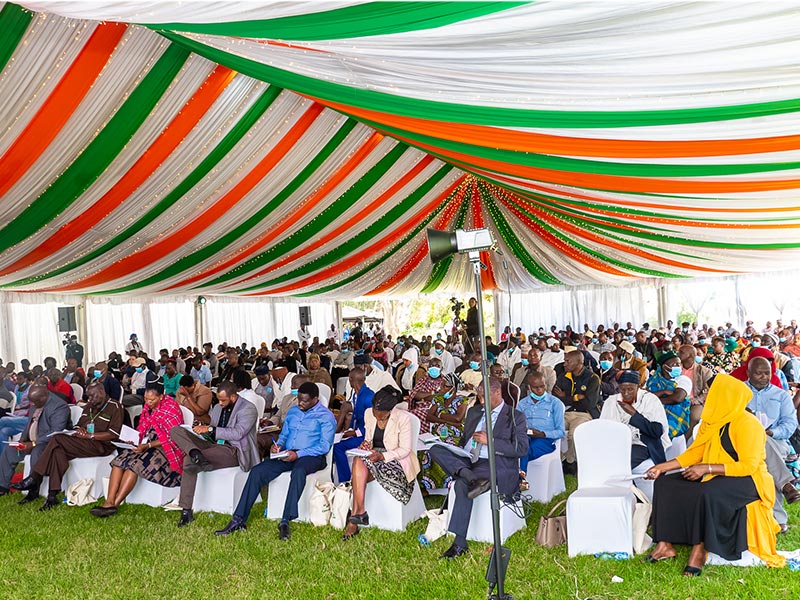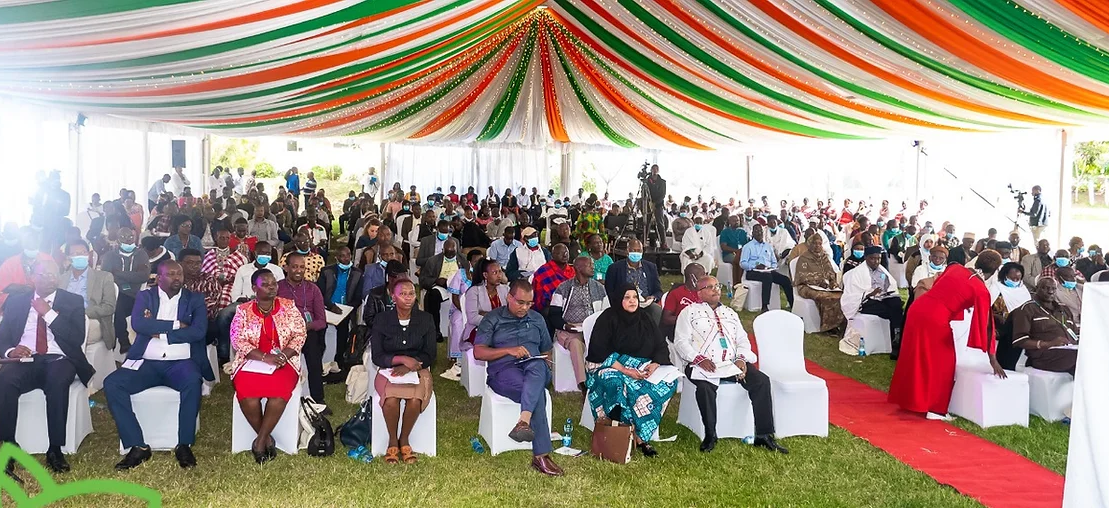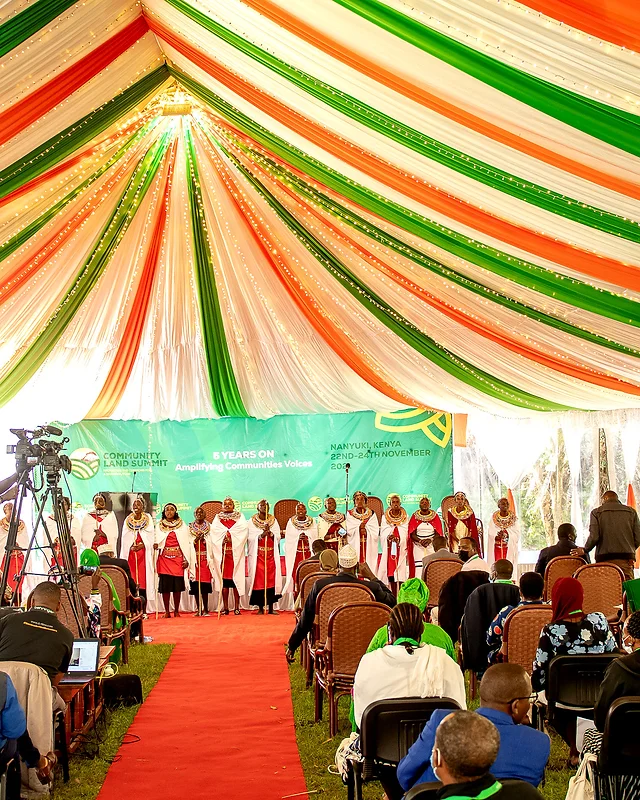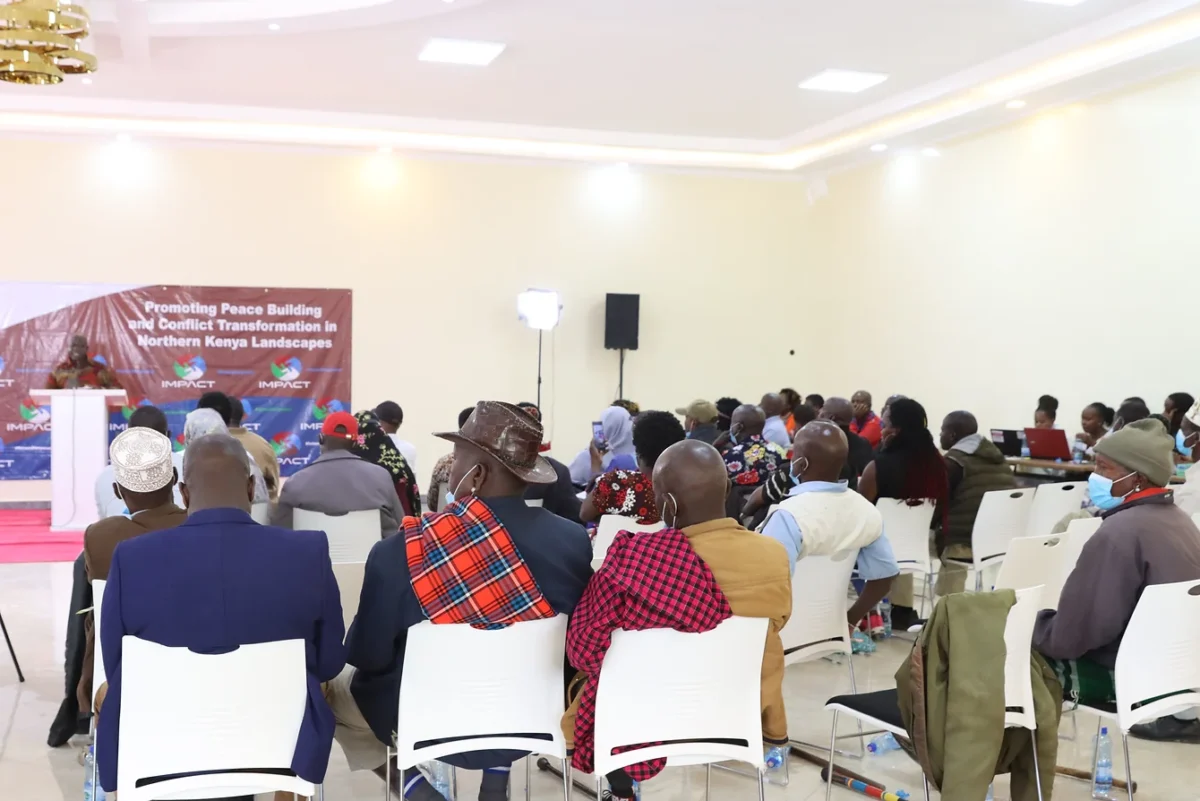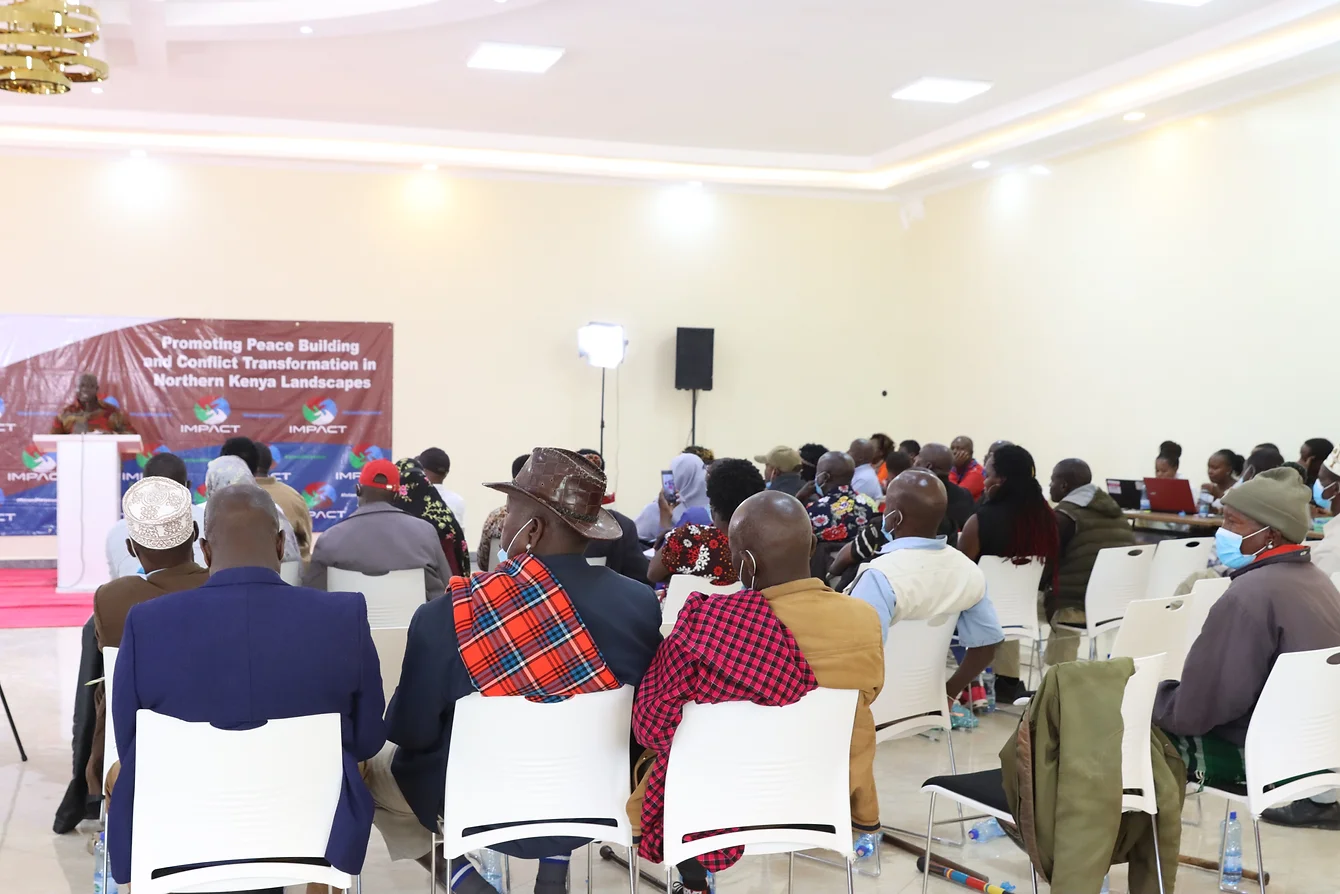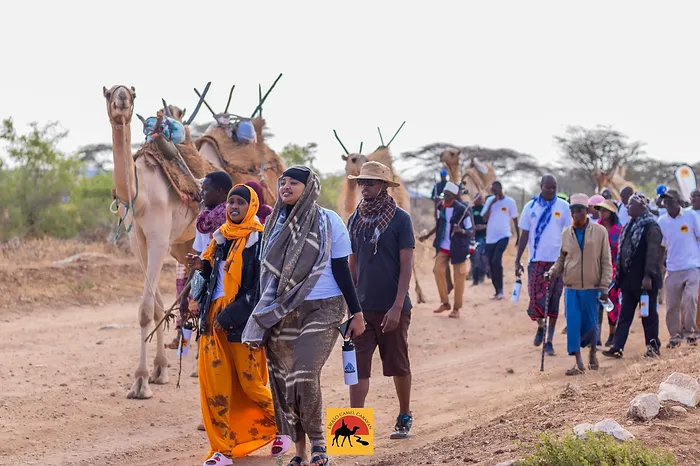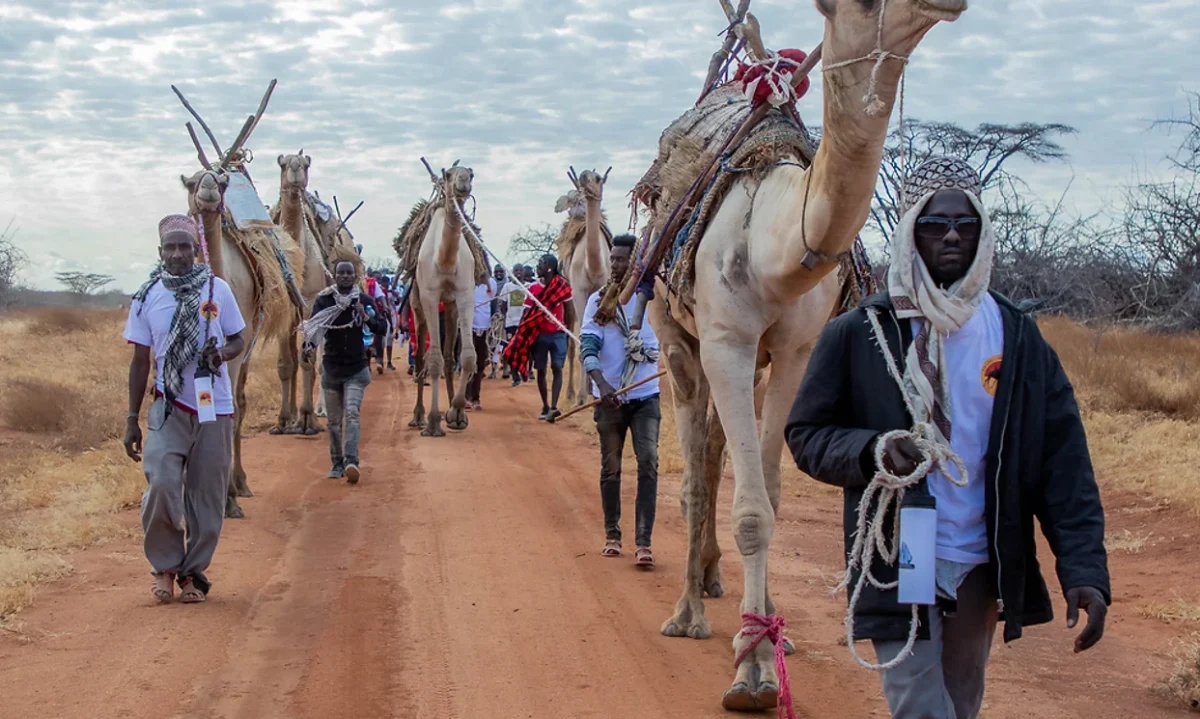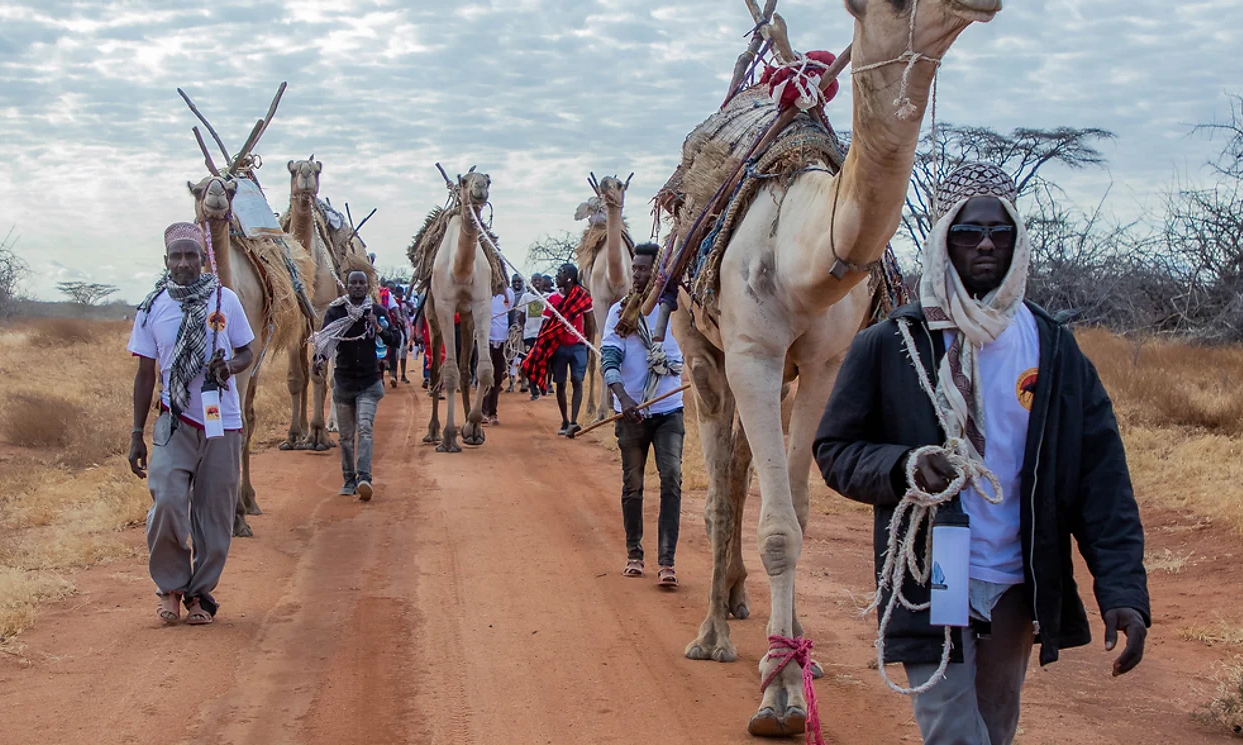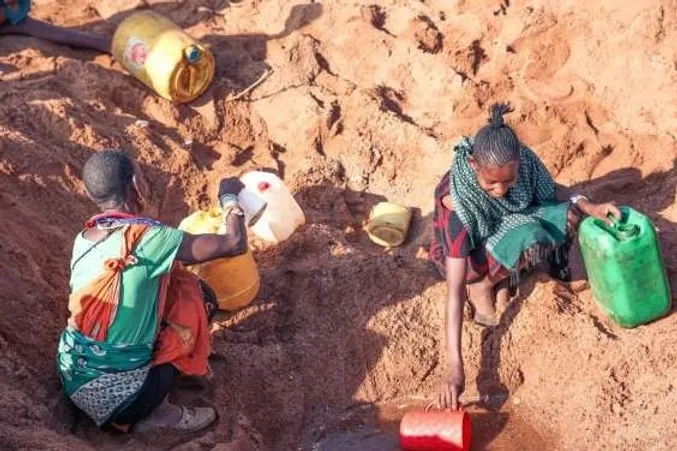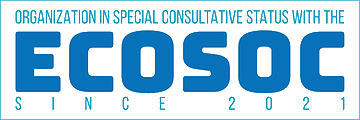Water is our most important resource and all life on Earth depends on it. Despite its importance, water is becoming far more scarce, as regional sources disappear or are depleted. At the moment, forty percent of the world’s people are being affected by water scarcity and, if not addressed, some 700 million could be displaced by 2030 in search of water.
As a subproject of the Inclusive Conservation Initiative (ICI), a Global Environment Facility (GEF)-funded initiative co-implemented by Conservation International and IUCN, at IMPACT we recognize that to build resilience against climate change and to serve a growing population, an integrated and inclusive approach must be taken to managing this finite resource. This World Water Day, celebrated under the theme” Accelerating change to solve the water and sanitation crisis”, we reflect on water scarcity here in Kenya and on the importance of the Ewaso Ng’iro River in tackling this issue and in supporting our livelihoods.
The Ewaso Ng’iro River …Photo credits: IMPACT
Water is a finite resource and should be used sustainably by the present for the future generation. We Indigenous pastoralists understand this and have been great stewards of water sources, the most important one being the Ewaso Ng’iro River, which supports our way of life.
The Ewaso Ng’iro River stretches from the North-Western slopes of Mount Kenya and the Aberdares ranges, through the Laikipia plateaus to the arid and semi-arid lands of Northern Kenya, covering about 10 counties, and flowing for about 445 miles (716 km) before emptying into the Lorian Swamp, rejuvenating River Juba and draining into the Indian Ocean.
The river basin supports more than 3.6 million people in our territory, 70% of which are Indigenous pastoralists, and is a source of revenue for our agro-pastoral and pastoral communities.
Tackling water scarcity in Kenya….Photo credits: IMPACT
For our communities, the river basin and its tower are a critical resource in addressing water scarcity issues and supporting the economic growth of the Northern drylands. They supply us with fresh water, conserve biodiversity and ecosystems, regulate local climate, and support our livelihoods.
The river also has sentimental value to us in Northern Kenya. In our Indigenous worldview, the river is intertwined with our culture and heritage. Historically, we have managed and protected the river using our Indigenous traditional knowledge through various cultural practices, communal sharing, and sustainable use of the resources within the basin.
We refer to water as ‘Enkare o lowuaru’ (wild animal water), to signify that water is found in the wild and belongs to all, including plants and wildlife, and thus we believe that nobody should own it and that instead everyone should share whatever is available for the benefit of all.
The river as a source of water to support livelihoods….Photo credits: IMPACT
The Ewaso Ng’iro River is used by farming communities upstream, agro-pastoralists midstream, and pastoralists downstream, and by wild animals and plants alike. It is of paramount importance for our pastoralist way of life, from providing domestic and livestock drinking to supporting our cultural practices, such as the Maa rites of passage. When we perform these rites, we draw water from the river, mix it with milk, and splash it onto those involved to drive away evil eyes, cleanse, or as a unifying factor for our community.
The Ewaso Ng’iro River ecosystem is also home to significant sacred sites and ceremonial plants that have important meanings for our pastoralist communities living along it. Among them is the Reteti (Ficus wakefieldii), a sacred plant which grows at the banks of the Ewaso Ng’iro river and its tributaries. Our Maa community makes sacrifices under this plant and we consider it to be so sacred that even the plants that surround it can’t be cut because in our culture harming a tree is believed to bring curse on oneself. Another sacred plant for us is the Loperia/lpeeri (Cyperus papyrus), which is used by women during their traditional convergence meeting and ritual�prayers that we call olamal loo nkituak in Maa language (in Samburu it is known as Ntorosi). The plant is carried and attached to special gourds, and the women in our community use it to splash milk into the Ewaso Ng’iro River as they pray. Water is sacred and is used in several rituals and ceremonies for blessings.
Preserving the Ng’iro River and its water resources…Photo credits: IMPACT
Over the years, our communities have used Indigenous traditional and ecological knowledge, which includes traditional seasonal calendars, well-managed settlement plans, and grazing systems with distinct wet and dry season areas, to manage the Ewaso Ngiro Ecosystem as a shared resource.
During periods of acute droughts, our communities had to utilize tree leaves for fodder. Since in our Indigenous cultur we believe that trees are alive, we are not allowed to cut live trees, so our communities gathered the fodder by pruning and cutting the tree’s branches, and they ensured that a branch was left on every tree to breathe and continue living.
Thanks to these traditional practices, we have ensured the protection of the basin and managed to support the livelihood of our communities. The dying of the Ewaso Ng’iro river, however, is threatening the existence of the sacred tree species growing around the basin, the co-existence between communities and wildlife, and our livelihoods and cultural practices.
To tackle these challenges, we will be working through the Inclusive Conservation Initiative (ICI) to promote the revitalization of the basin’s ecosystem by encouraging our communities to fully embrace and bring back our traditional best practices and by strengthening the existing traditional systems and structures that govern them
By Silole Malih, Ramson Karmushu, and William Naimado (IMPACT Kenya)
impactkenyadev
on
April 27, 2024
